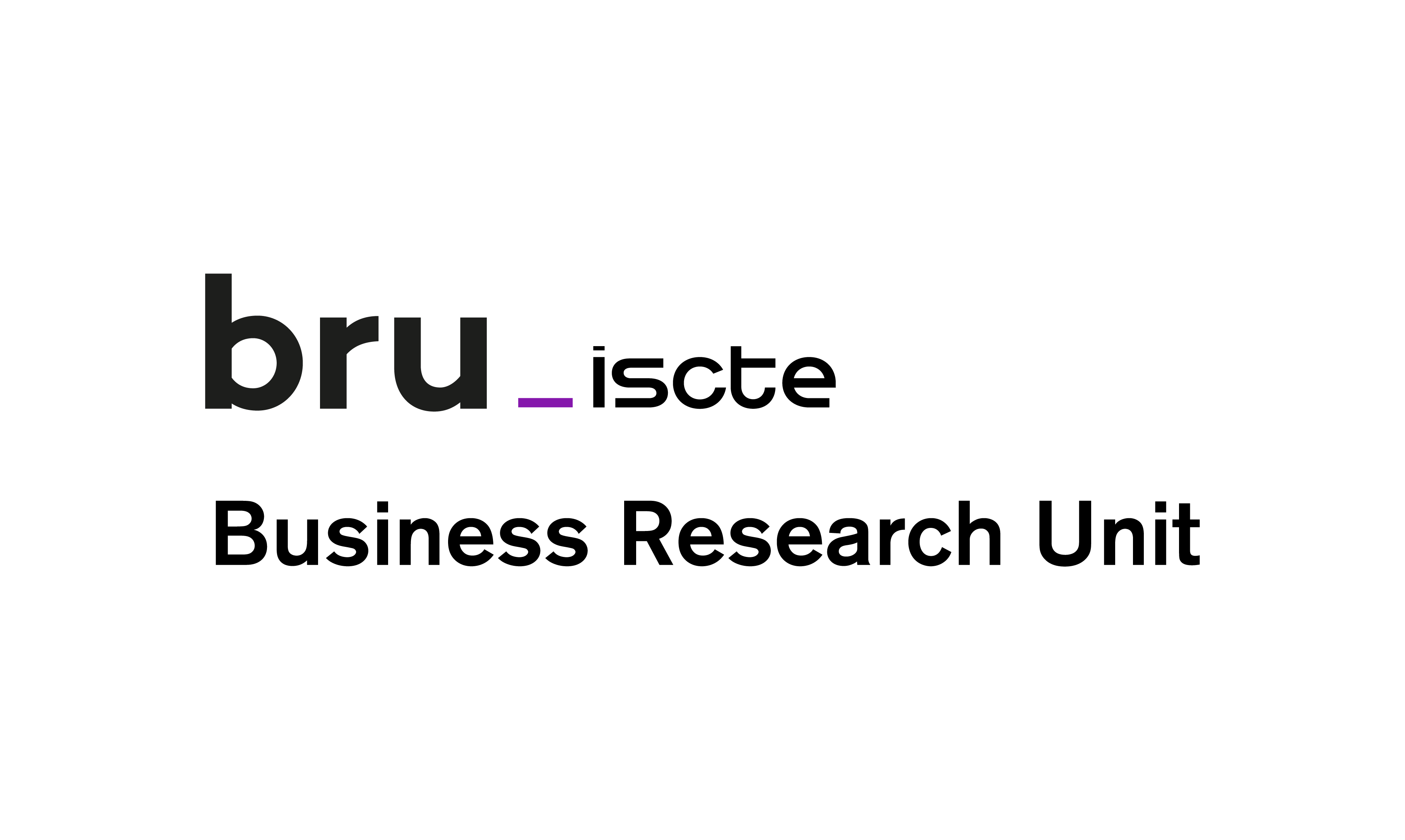DeSTRESS
BRU-IUL researcher Sílvia Silva is coordinating the Erasmus+ project “DeSTRESS – Developing Competences for Stress Resilience @SMEs”, leading a European consortium of 7 partners from 6 countries: Greece, Ireland, Italy, Portugal, Poland and Spain. DeSTRESS is one of the few selected projects from the Portuguese Erasmus+ Agency in the call Key Action 2 – Strategic Partnerships for Vocational Education and Training (VET). Henrique Duarte and Sara Ramos are also part of the coordinating team.
The project aims to aims to provide an innovative VET-based solution to prevent and manage work-related psychosocial risks and musculoskeletal disorders. Building on existing research, partners will identify a required set of competences leading to the development of a VET curriculum and a new VET Digital Digital Training Platform using the latest techniques in game-based training and gamification complemented by a set of practical tools and resources to facilitate the transfer of learning into the workplace.
WELLy
Sílvia Silva is also a partner in another Erasmus + project, “WELLy: Introducing the job profile of a Manager for Work Well-being to prevent and combat workrelated stress”, coordinated by the University of Novo Mesto in Slovenia. Indeed, WELLy was the first ranked project by the Slovenian Erasmus+ Agency for the call Key Action 2 – Strategic Partnerships for Vocational Education and Training (VET). BRU-IUL integrates a consortium of 8 partners from 5 countires: Greece, Italy, Portugal, Slovenia and Spain.
Given the exponential increase of work-related stress issues and the diffusion of depression among the European citizens, the WELLy project aims to set the role of Work Well-being Manager (WWM) in charge of making sure that daily working conditions are fair and as healthy as reasonably possible for every employee so that the overall quality of life at work improves within the organisation and across economies.
BeComE
Susana Tavares and António Caetano are partners in an Erasmus+ Knowledge Alliance, led by the Tallinn University of Technology (TALTECH), called “BeComE – Be Competent in Entrepreneurship: Knowledge Alliances for Developing Entrepreneurship Competencies for the Benefit of Higher Education and Business”. This Knowledge Alliance includes a consortium of 14 partners (universities and SMEs or start-ups) from 5 countries: Estonia, Finland, Italy, Portugal and Poland.
The idea of the project is to excel entrepreneurship education in higher education by creating effective knowledge alliances (KA) between higher education institutions (HEI) and businesses. It is focused on developing students’ entrepreneurship competencies (ECs) to meet the labor market expectations towards professional competencies of employees and entrepreneurs taking into account the macro-level developments such as globalization, technological advancements and demographic shifts. The project includes both diagnoses of divergences between employers’ needs and actual students’ entrepreneurship competences (ECs), proposition of the new entrepreneurship education (EE) framework embedding ECs together with innovative teaching and learning approaches and its application in practice.



